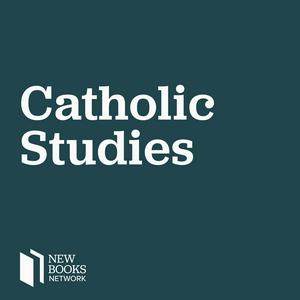Susan Juster, "A Common Grave: Being Catholic in English America" (UNC Press, 2025)
From Nevis to Newfoundland, Catholics were everywhere in English America. But often feared and distrusted, they hid in plain sight, deftly obscuring themselves from the Protestant authorities. Their strategies of concealment, deception, and misdirection frustrated colonial census takers, and their presence has likewise eluded historians of religion, who have portrayed Catholics as isolated dots in an otherwise vast Protestant expanse.
Pushing against this long-standing narrative, in A Common Grave: Being Catholic in English America (UNC Press, 2025) Dr. Susan Juster provides the first comprehensive look at the lived experience of Catholics—whether Irish, African, French, or English—in colonial America. She reveals a vibrant community that, although often forced to conceal itself, maintained a rich sacramental life saturated with traditional devotional objects and structured by familiar rituals. As Dr. Juster shows, the unique pressures of colonial existence forced Catholics to adapt and transform these religious practices. By following the faithful into their homes and private chapels as they married, christened infants, buried loved ones, and prayed for their souls, Juster uncovers a confluence of European, African, and Indigenous spiritual traditions produced by American colonialism.
This interview was conducted by Dr. Miranda Melcher whose book focuses on post-conflict military integration, understanding treaty negotiation and implementation in civil war contexts, with qualitative analysis of the Angolan and Mozambican civil wars. You can find Miranda’s interviews on New Books with Miranda Melcher, wherever you get your podcasts.
Learn more about your ad choices. Visit megaphone.fm/adchoices


